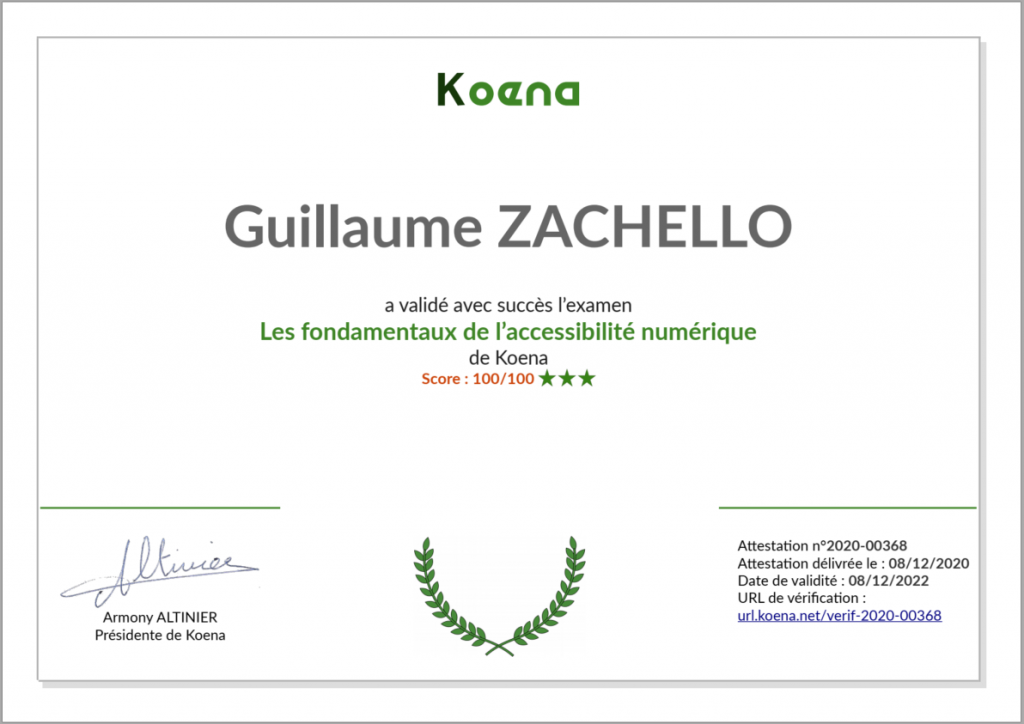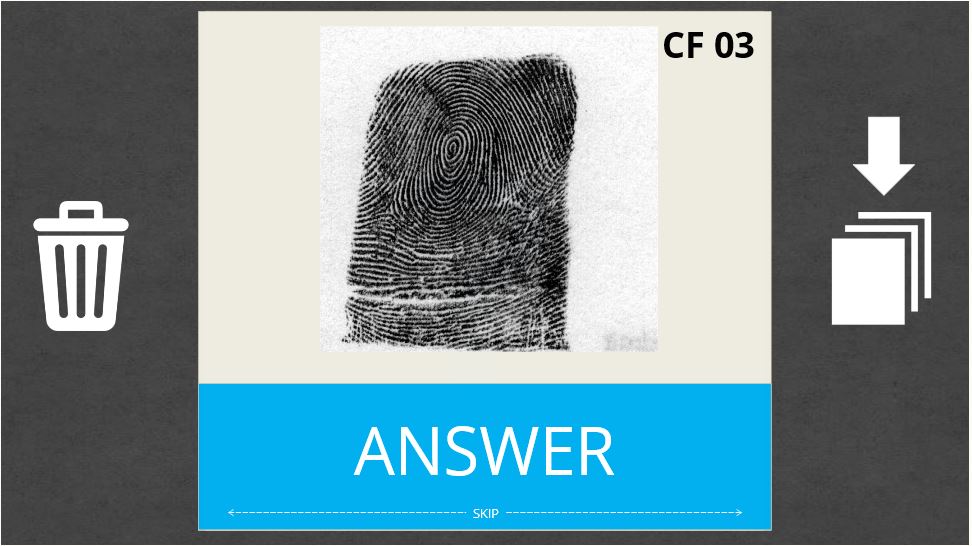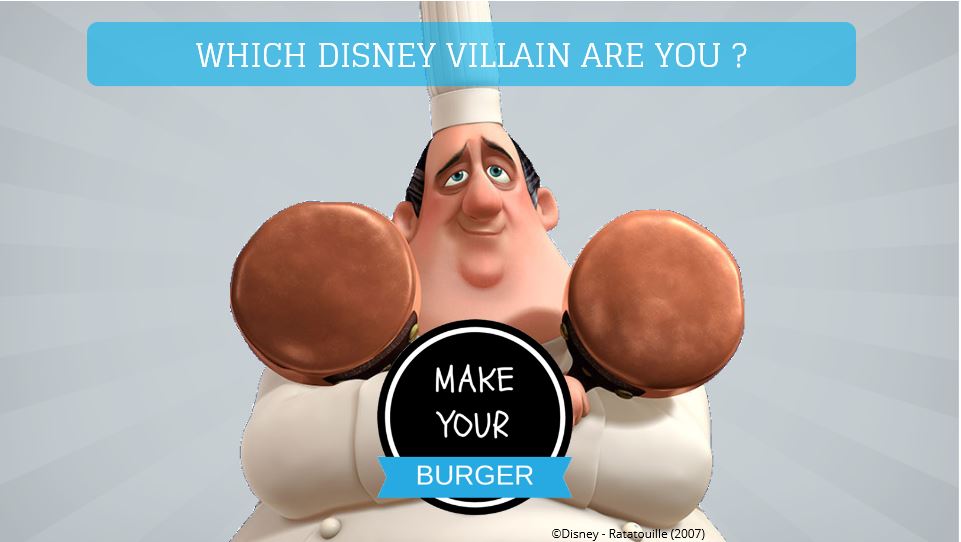I find Instructional Design, and e-learning, particularly exciting. I kind of stumbled upon e-learning, as I’m absolutely not from the educational field. Untill 2017, I was investigating crime scenes for the french Police. Turns out the Forensic Police here doesn’t have a dedicated school like regular Police Officers. In fact, there is a training center, but all the instructors are former Crime Scene Investigators.
So I started with face to face training, before joining the e-learning developement team, consisting of two members, including me.
There is a lot to learn, and it’s hard to find where to start. Here is a list of things that helped me back :
- Learn the ADDIE model. It’s not the only model out there, maybe not the best in few situations, but it’s hands down the most versatile. Plus it’s the most documented so you should get the basics fairly quickly
- Join a community, and be an active member. LinkedIn, Twitter, Viadeo,… you want to be in touch with professionals. It’s agreed now that only 10% of the knowledge we acquire comes from formal training, 20% from informal relationships (from colleagues, managers,…) and 70% from challenging projects.
- Quickly find a screen recording solution (I personally use Camtasia but there are free softwares out there). Video tutorials are great and easy to make. You can also use your webcam to add your face to it.
- Take a look at rapid authoring tools, this will step up your design game like crazy. The most famous out there are Articulate products and Adobe Captivate
- If you need a Learning Management System, Moodle is free, and just great. Make sure to have a look at HTML5 packages you could add to it
So if I go back in time, that’s the tools my buddy and I had in hands to design our first online course.
I learned a lot by trial and error, and I’ll try to go through the errors in further posts, as I think we learn more from mistakes than from easy wins.
And you ? where did you start from ? What helped you the most in your early days ?





